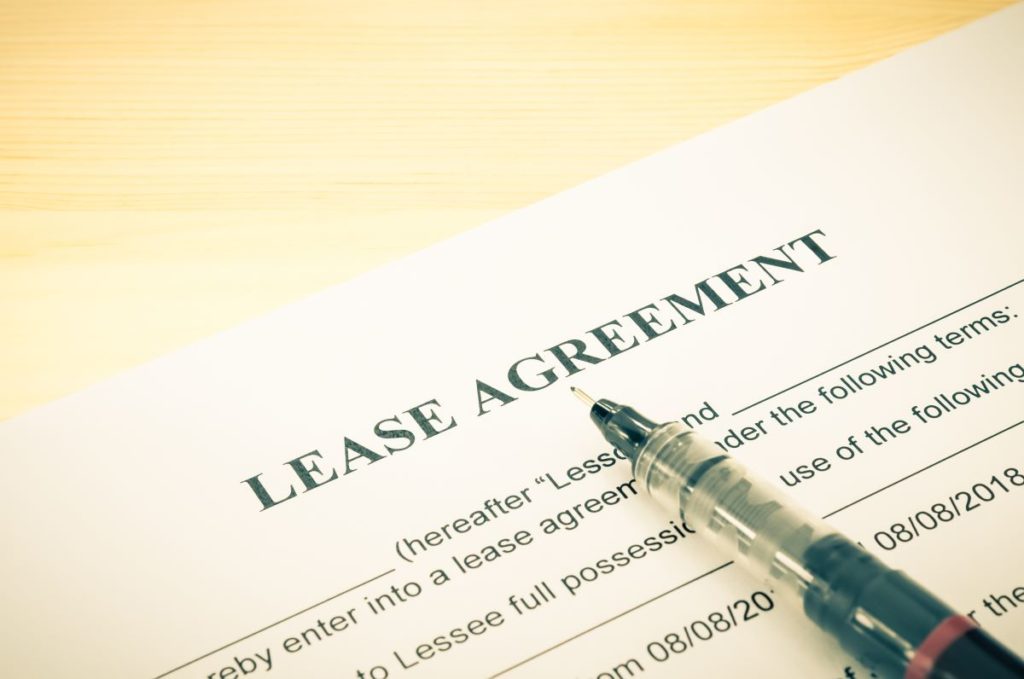Collateral loans are not the kind of loans you would want to borrow unless you don’t know the risks involved. Asset-based loans offer significant benefits and disadvantages in equal measure. The disadvantages are that if you default on the loan, you risk losing the value of the asset you had acquired on the loan. The best thing you can do is gather as much information as possible before appending your signature on the loan agreement with your prospective lender. Here are five things about collateral loans you should know about before you seal the deal.
The Assets Are Usually Undervalued
A lender looking to give you a loan on collateral terms does not consider your asset’s actual value. All they usually want is the ability to liquidate it as fast as possible and get their money back if you fail to pay them. That means you will never get an equivalent of your asset in the loaned figure. It will always be a significantly lower amount.
The best thing to do is to develop a surefire plan to repay the loan plus interest within the stipulated time. With that said, if you can take time to build a credit score in a reliable financial institution, do it and secure other types of loans. Collateral loans should only be an option when the other options are not available to you.
The Terms May Not Always Favor You
You are unlikely to get favorable terms with an asset-based loan. The fundamental reason is that this is not a lender who trusts you to repay their money and accruing interests. This is the reason why they ask for security in the first place. The collateral is supposed to eliminate the lengthy procedures of repossessing their money.
The best thing you can do is get professional advice from all angles before applying for the loan. Get a financial expert to help you assess the risks before the deal. You should also consult a foreclosure lawyer to help you protect your assets from the creditor. With the facts ready, you will make a more conscious decision.
They Are Typically Expensive
Collateral loans will generally have a higher interest rate. This is a red flag, especially if you borrow to finance a business or take care of a non-profitable financial need. On top of it, you may find out that some lenders will charge you extra for asset valuation (audit fees) and diligence fees. The misplaced value of the asset in question is also a potential cost of the loan you should never overlook. An asset is only supposed to appreciate or depreciate reasonably and never devalued.

The Lender Risks Their Money to Earn Interest
You should always know that a lender is only interested in two things: their money and the interest it earns. They don’t care too much about your credit score or your asset value. The lender takes the risk to earn interest while you take the risk to own the asset. Therefore, you should always respect the agreement between you. Strive to meet your demands because the lender might not listen to you when you default, and they might not afford leniency because of the risks involved.
Your Negotiation Power Is Low
Once you sign up for an asset-based loan, you’re negotiating power is reduced to almost zero. Most of what you can do is agree to the strict terms usually dictated by the lender. In most cases, you might be forced to give up most privileges to the lender, including disposing of your asset. All odds will be against you if you are unable to pay. But you can also benefit if you settle the loan as agreed.
Asset-based loans can work for you, but you need to be careful. Only take the loan if you can take care of all repayments effortlessly. They present a risk that should never be considered on a sunny day.



